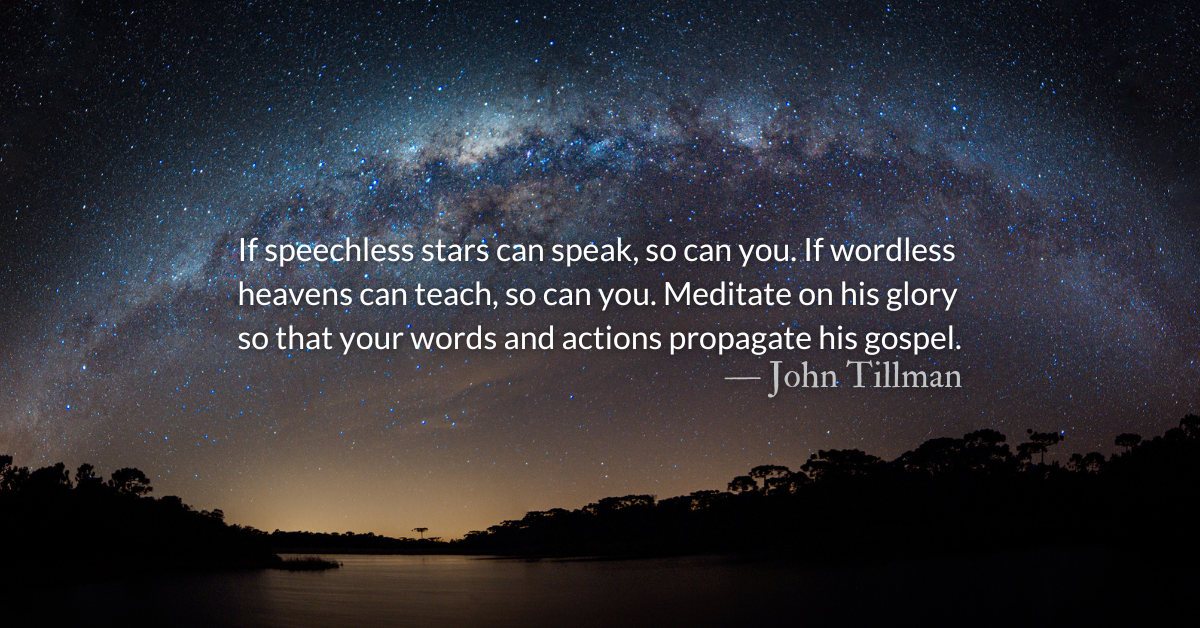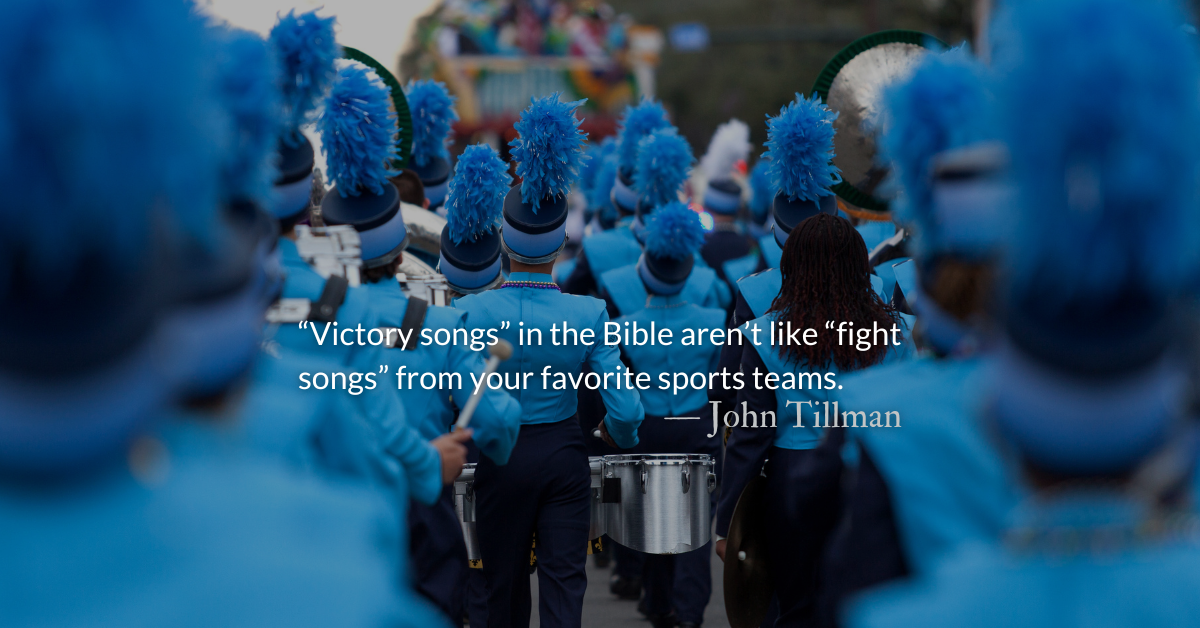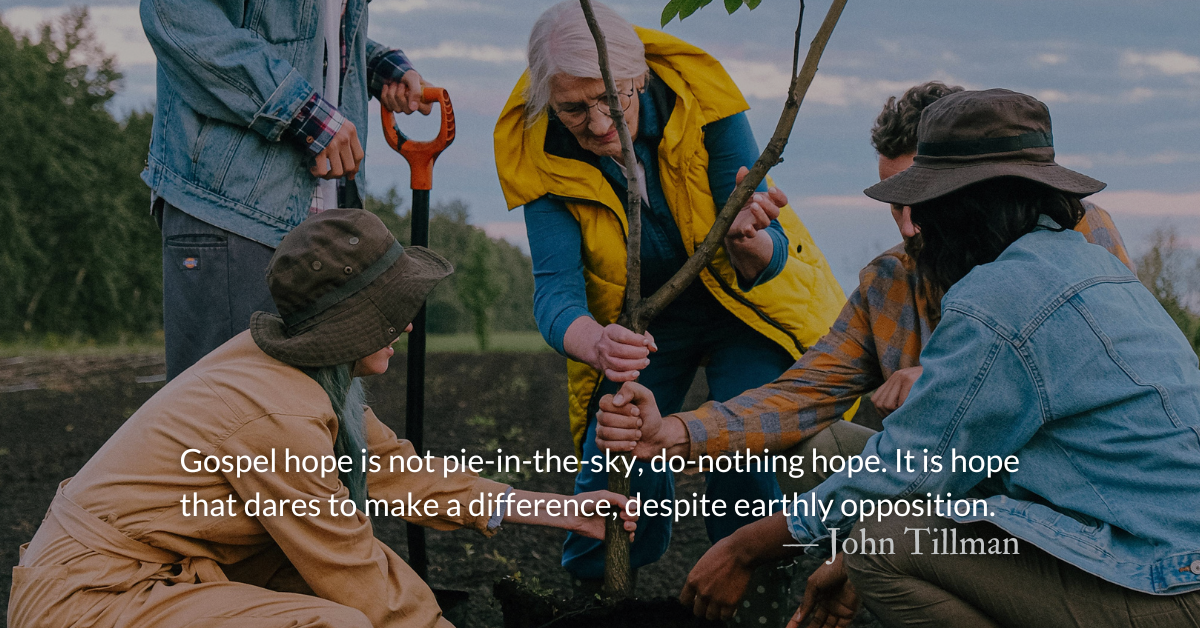Links for today’s readings:
Read: 1 Kings 2 Listen: (7:45) Read: Psalms 19 Listen: (1:52)
Scripture Focus: Psalm 19.1-4b, 14
1 The heavens declare the glory of God;
the skies proclaim the work of his hands.
2 Day after day they pour forth speech;
night after night they reveal knowledge.
3 They have no speech, they use no words;
no sound is heard from them.
4 Yet their voice goes out into all the earth,
their words to the ends of the world…
14 May these words of my mouth and this meditation of my heart
be pleasing in your sight,
Lord, my Rock and my Redeemer.
Reflection: On What Are You Meditating?
By John Tillman
John Lennox says, “The most incomprehensible thing about the universe is that it is comprehensible.” (God’s Undertaker: Has Science Buried God?) It doesn’t make sense that the universe makes sense unless there is a mind behind it.
In Psalm 19 the universe speaks. Heavens and skies pour forth speech, despite having no speech, words, or sound. Soundless voices and wordless words echo on earth as the heat of the sun gives everything life. How can a languageless universe lecture us and what could we learn?
Perhaps it is not that mathematics, physics, and other sciences don’t say anything about God. Perhaps we have forgotten how to read their alphabet and decode their vocabulary and grammar. But God doesn’t leave us with only this forgotten language to guide us. What is revealed by the universe leads us to discover God’s law, principles, and prophets.
The rest of the psalm describes the effects of remembering our “letters” to read the speech of the universe and the other means God uses to speak to us.
The ways of God affect our thinking, reasoning, and action. God’s law refreshes our souls and minds. God’s statutes cause the simple to act like the wise. God’s principles bring joy to our hearts. God’s commands brighten our eyes. The fear of the Lord sustains us forever. From our inner emotions and thinking, to our outward actions and perceptions, God’s law shapes us.
Pleasing God begins with meditation and continues with communication and action. The results of this meditation are rewarding. God’s words become more valuable than anything we treasure and more pleasing than anything we might taste. They protect us by warnings, detect hidden faults, and free us from the tyranny of our willful rebellions.
Divine means guide us to God’s blessings to make us a means of God’s blessings. By meditating on, speaking about, and acting in ways consistent with God’s truth, we bless ourselves and others.
On what are you meditating? Your meditations affect your speech and actions like seeds in soil—words and actions are their fruit. If we do not start with good seed, we will never blossom with good words or actions. Give ear to better “speech” than that of the algorithms that send you messages, news, and politics.
If speechless stars can speak, so can you. If wordless heavens can teach, so can you. Meditate on his glory so that your words and actions propagate his gospel.
Divine Hours Prayer: The Refrain for the Morning Lessons
The fool has said in his heart, “There is no God.” — Psalm 14.1
– Divine Hours prayers from The Divine Hours: Prayers for Summer
by Phyllis Tickle
Readers’ Choice is here!
#ReadersChoice is time for you to share favorite Park Forum posts from the year.
What post reminded you of Christ’s love?
https://forms.gle/aSD7X5psHqjSMtBFA
Read more: Meditation in Spiritual Rhythm
Meditation is a breathing apparatus to help us survive in a poisonous atmosphere polluted by anxiety and fear.






